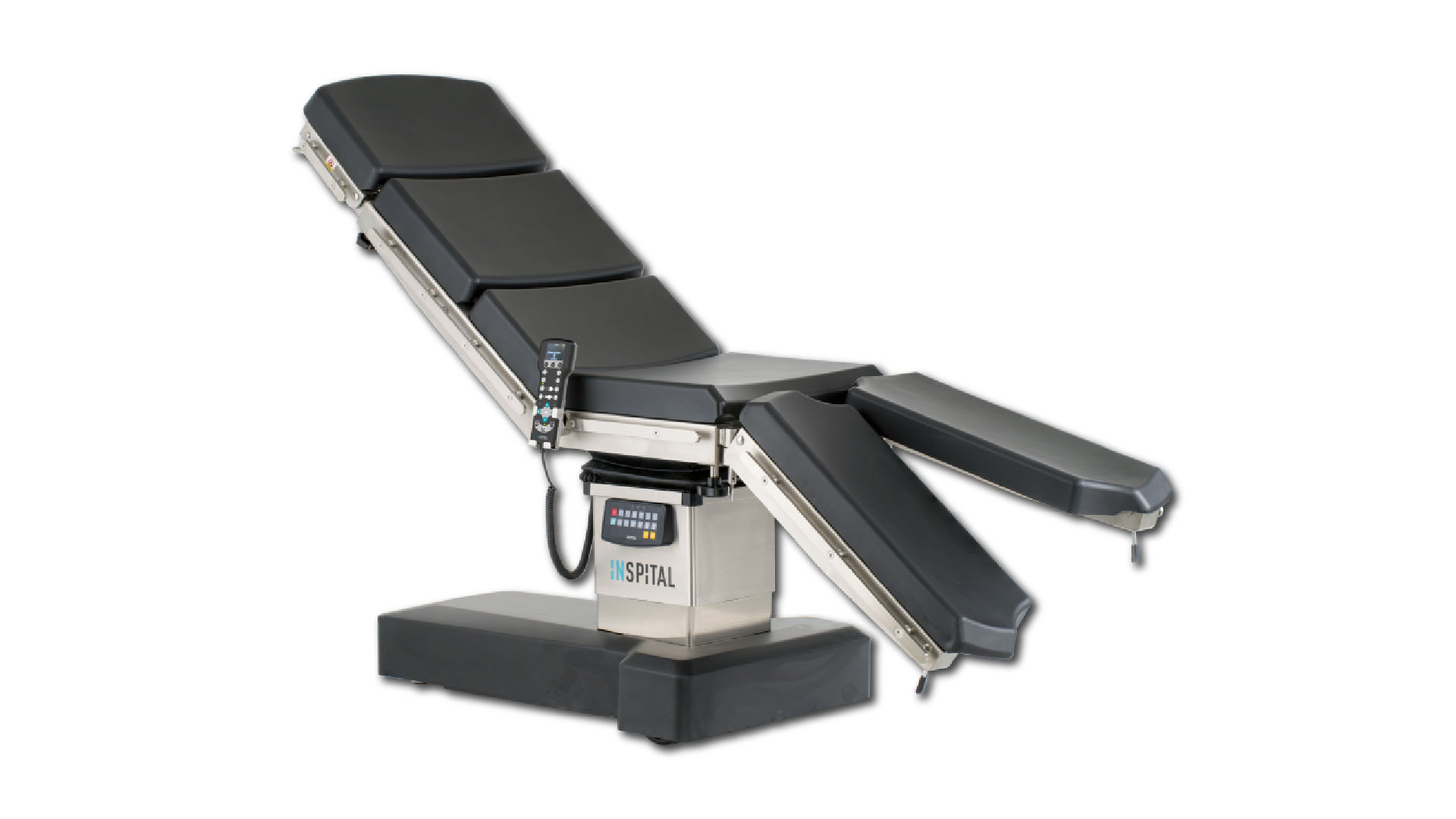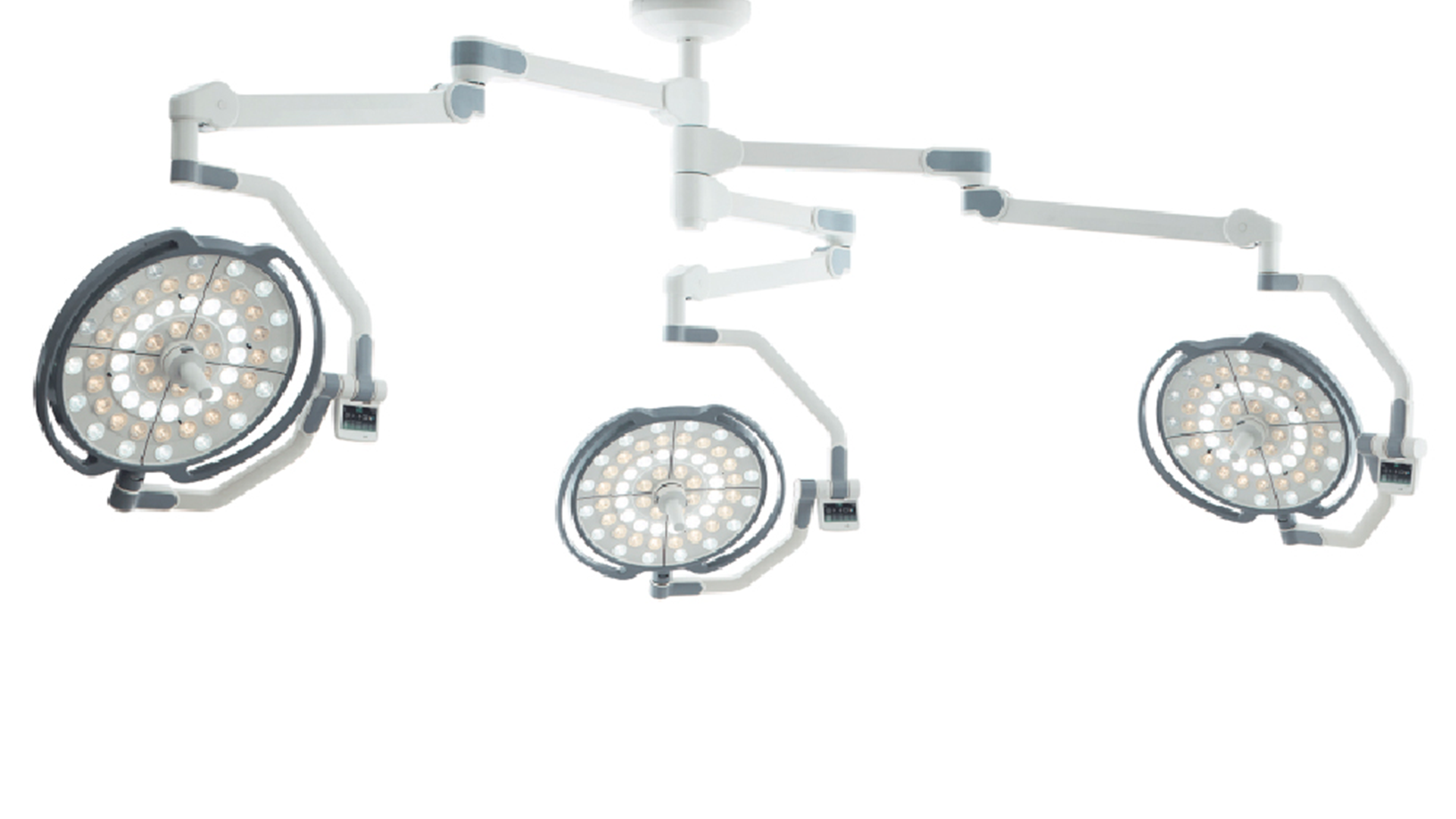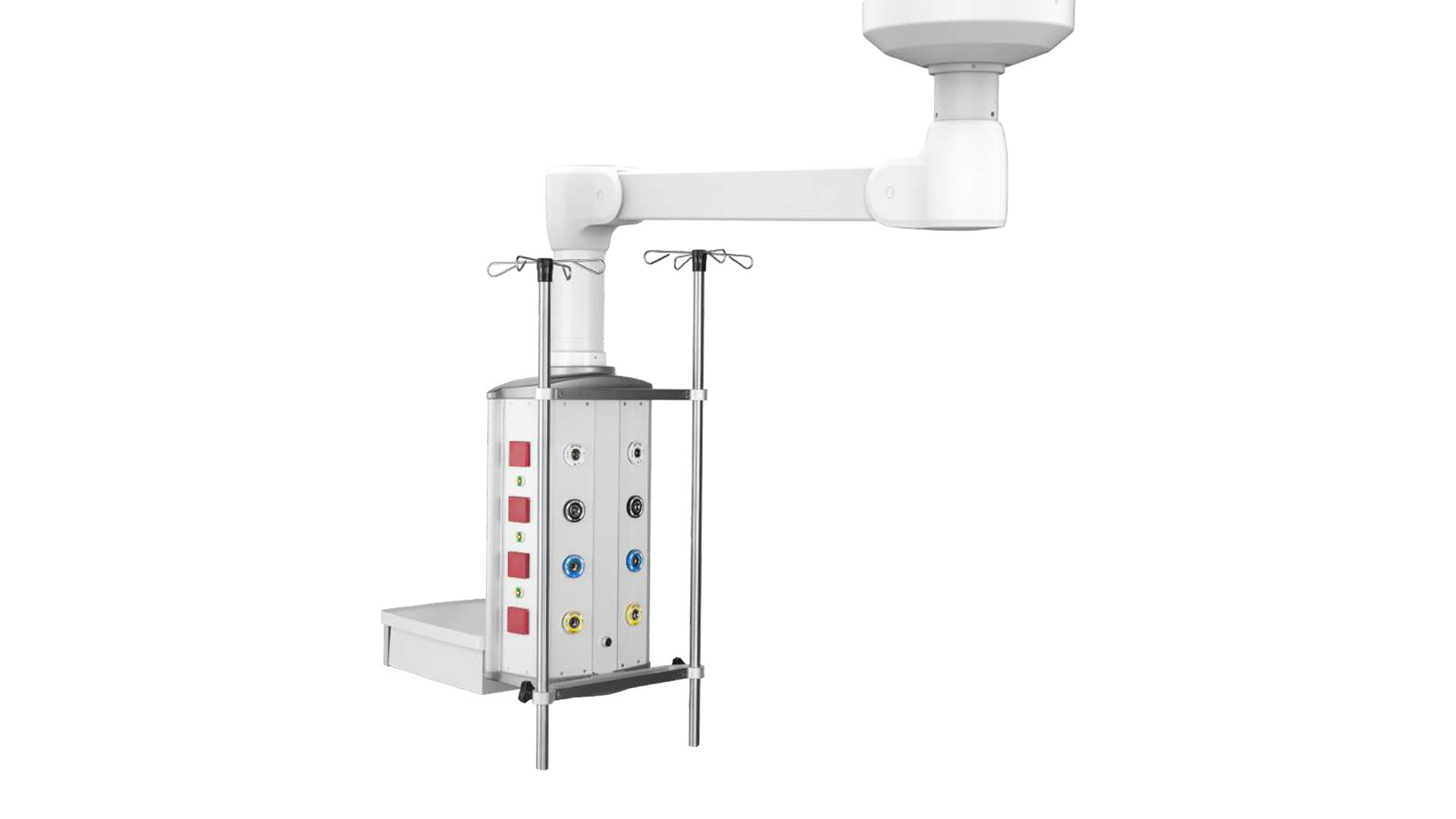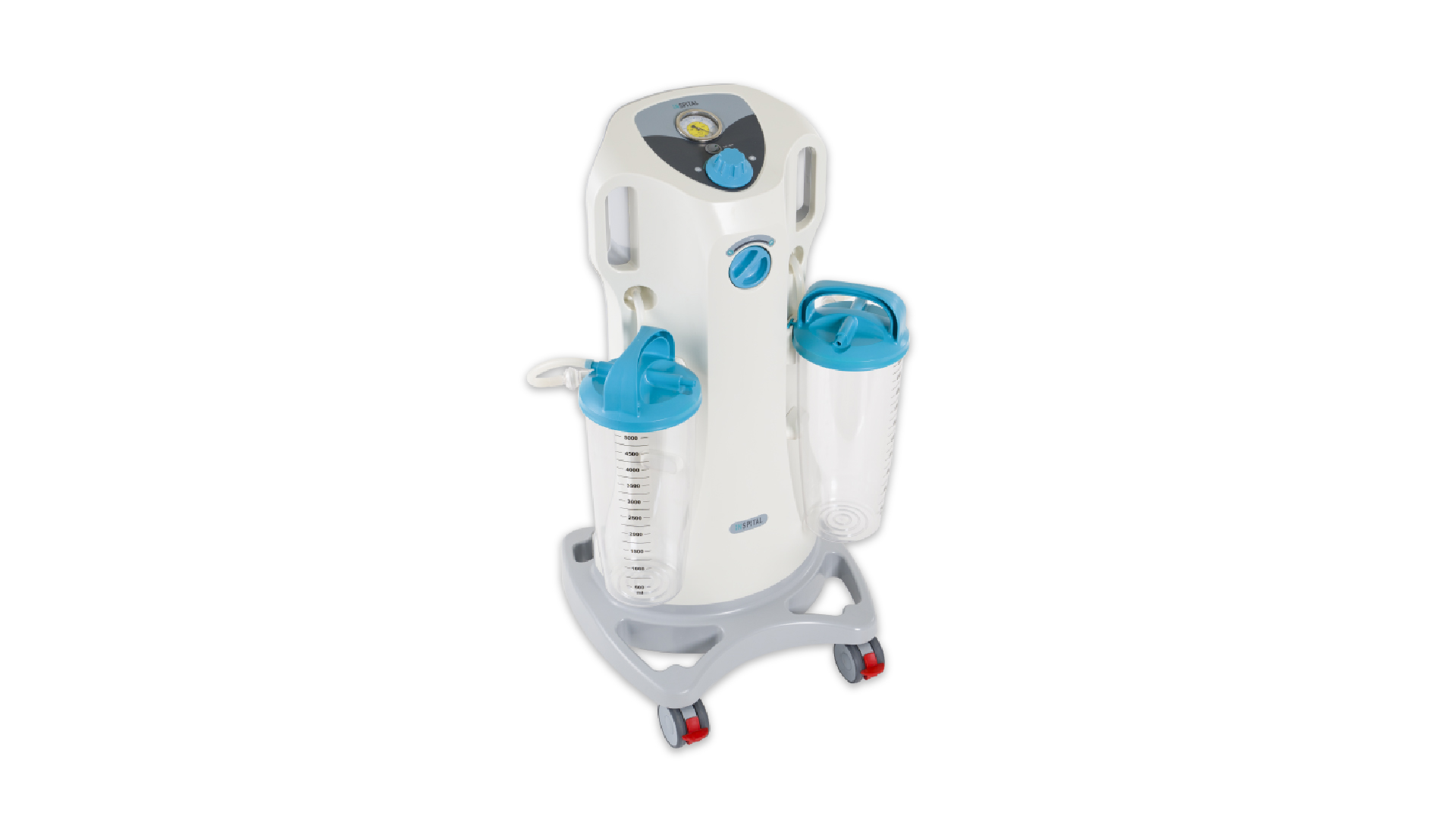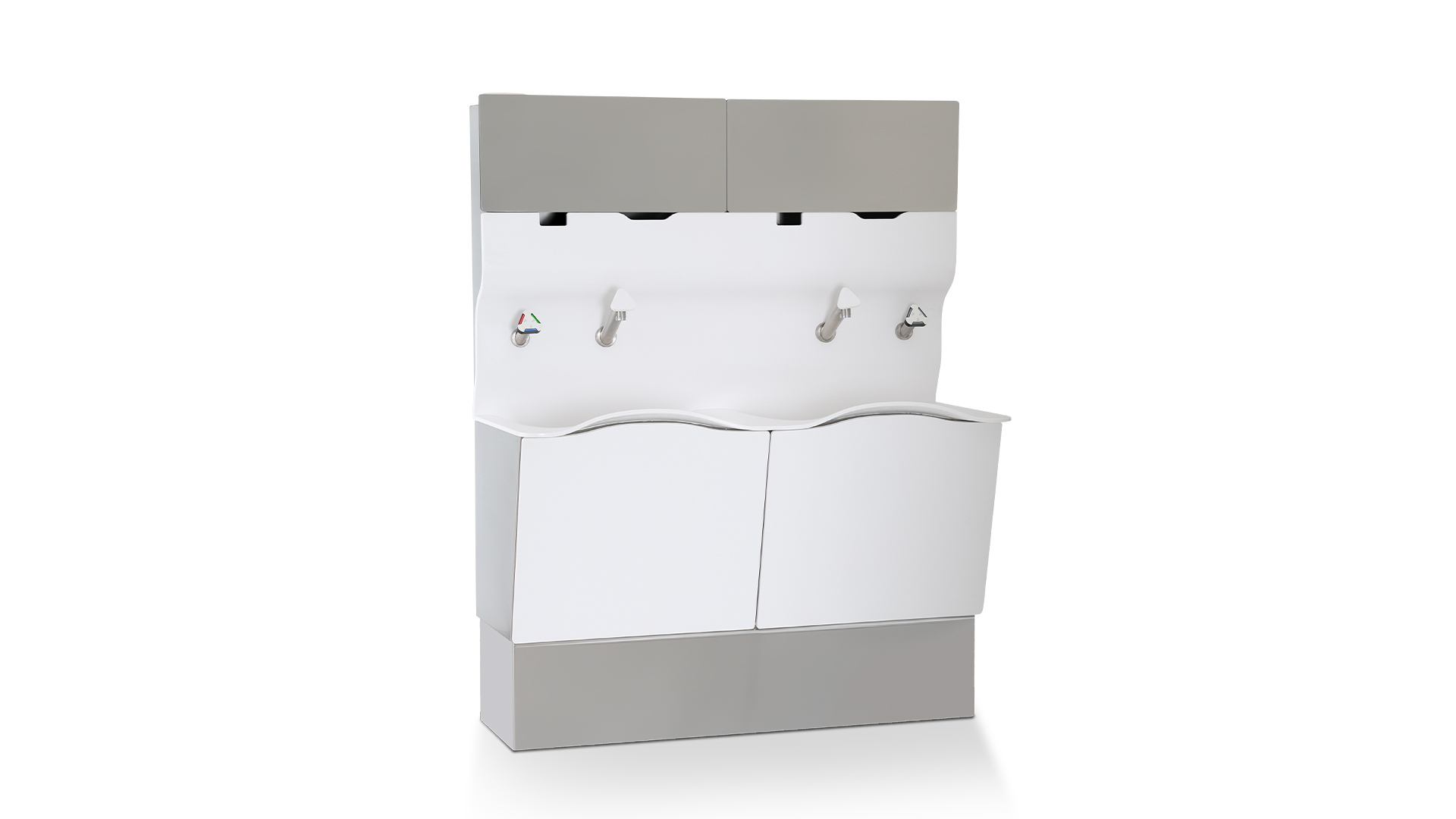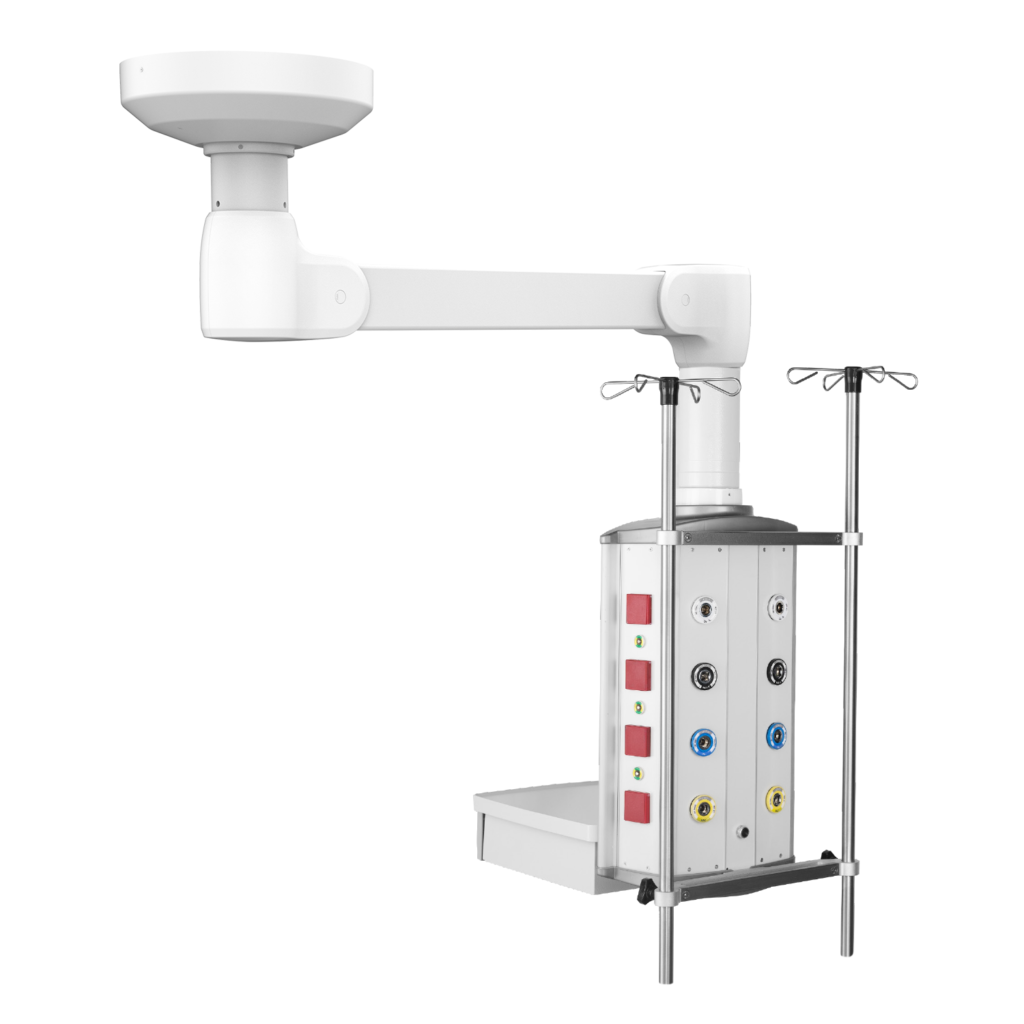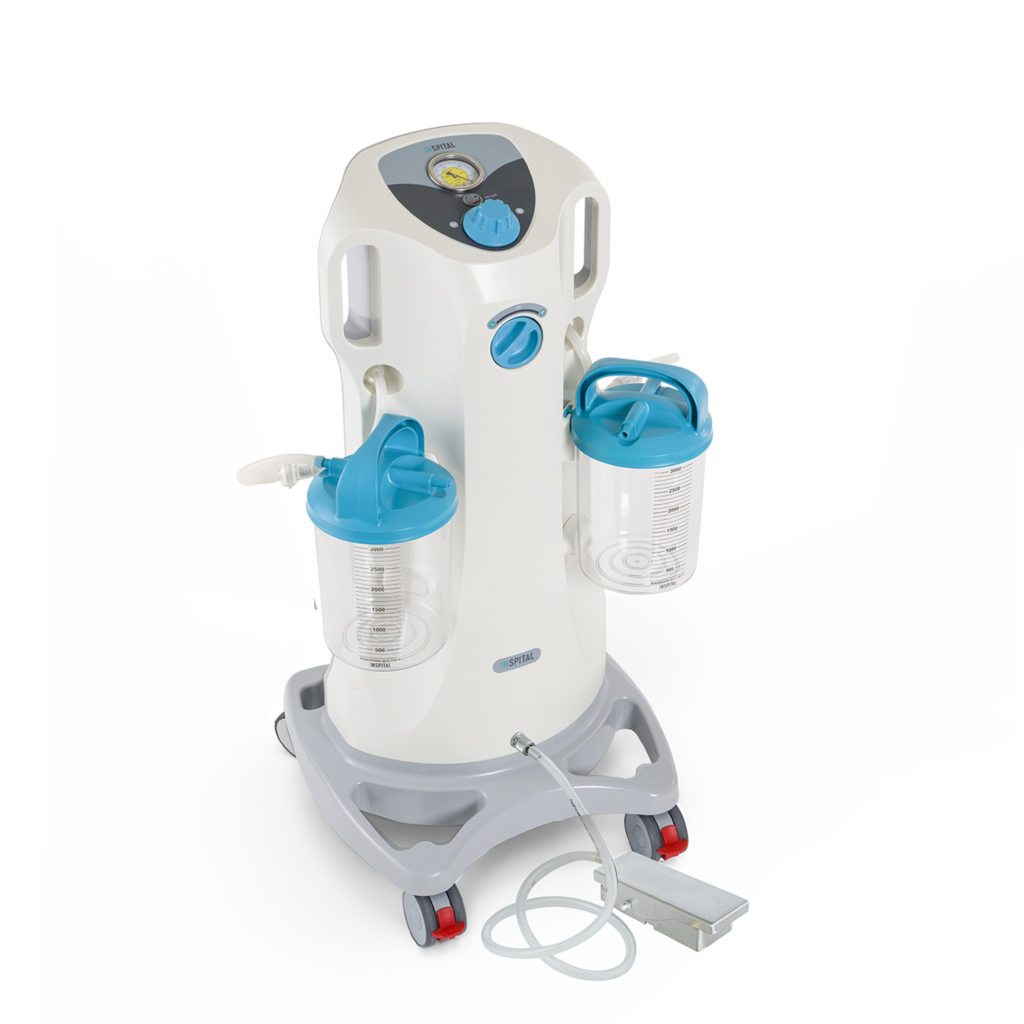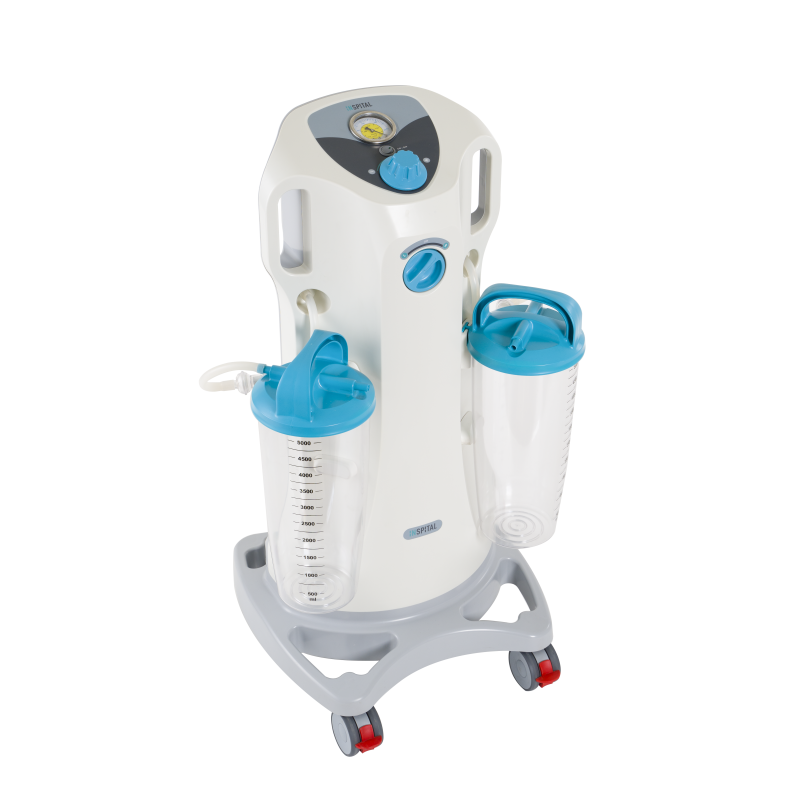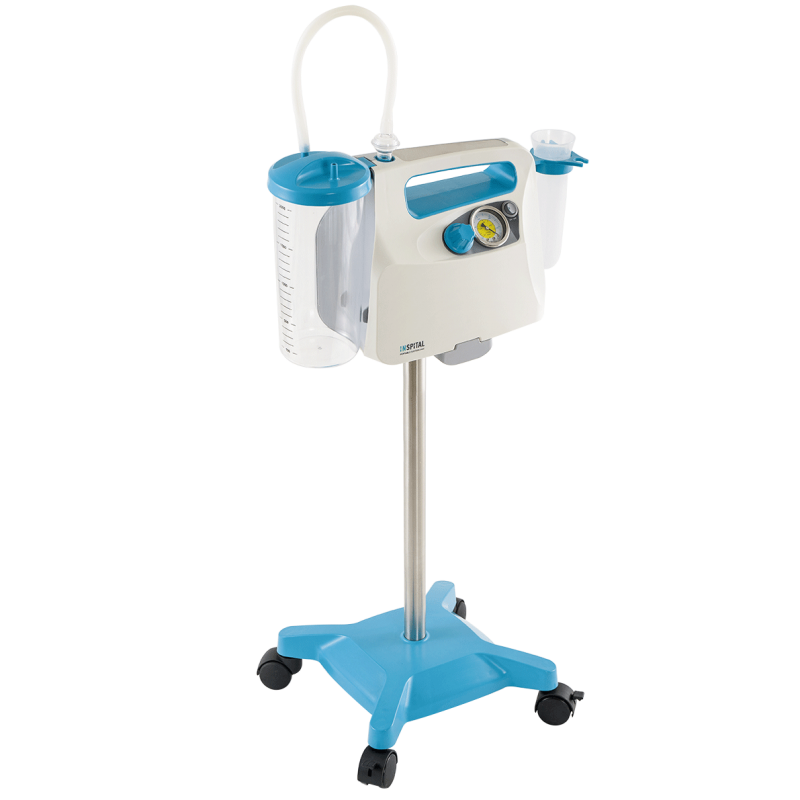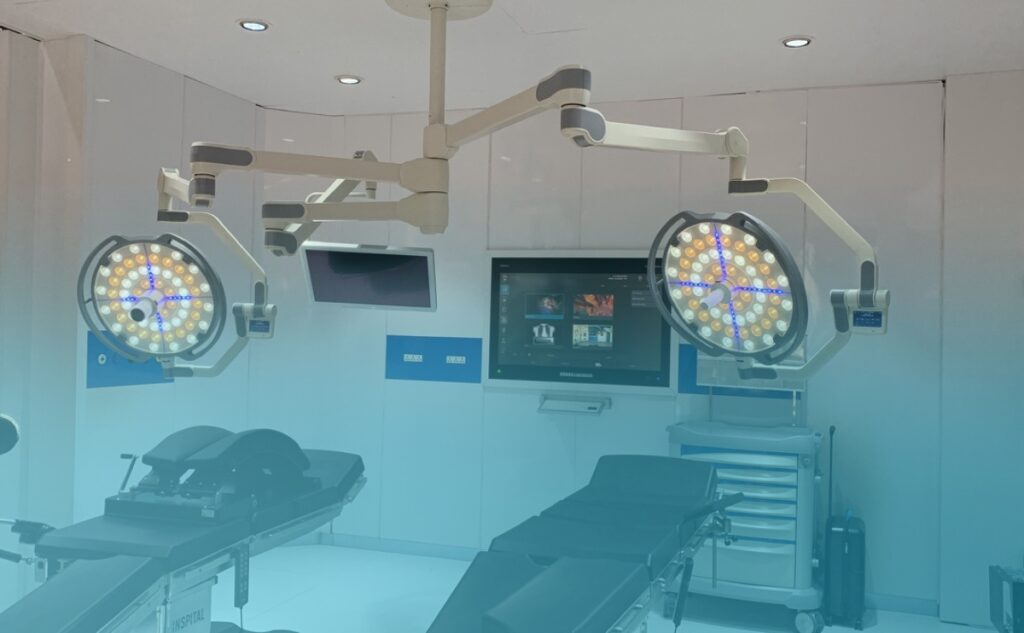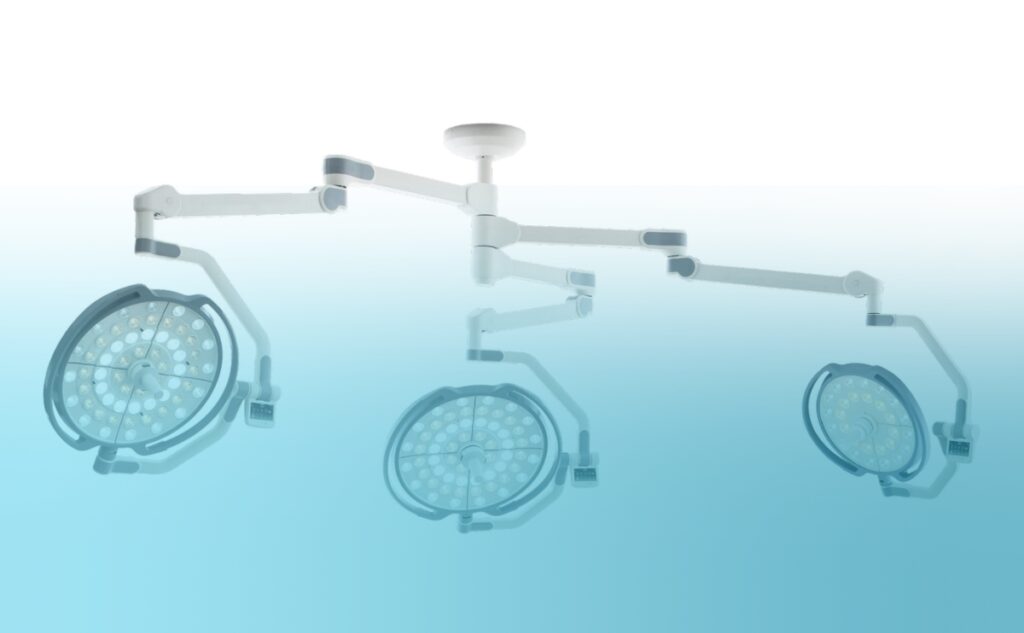Medical Gas Systems: What to Consider in Planning and Installation
- Gas Systems
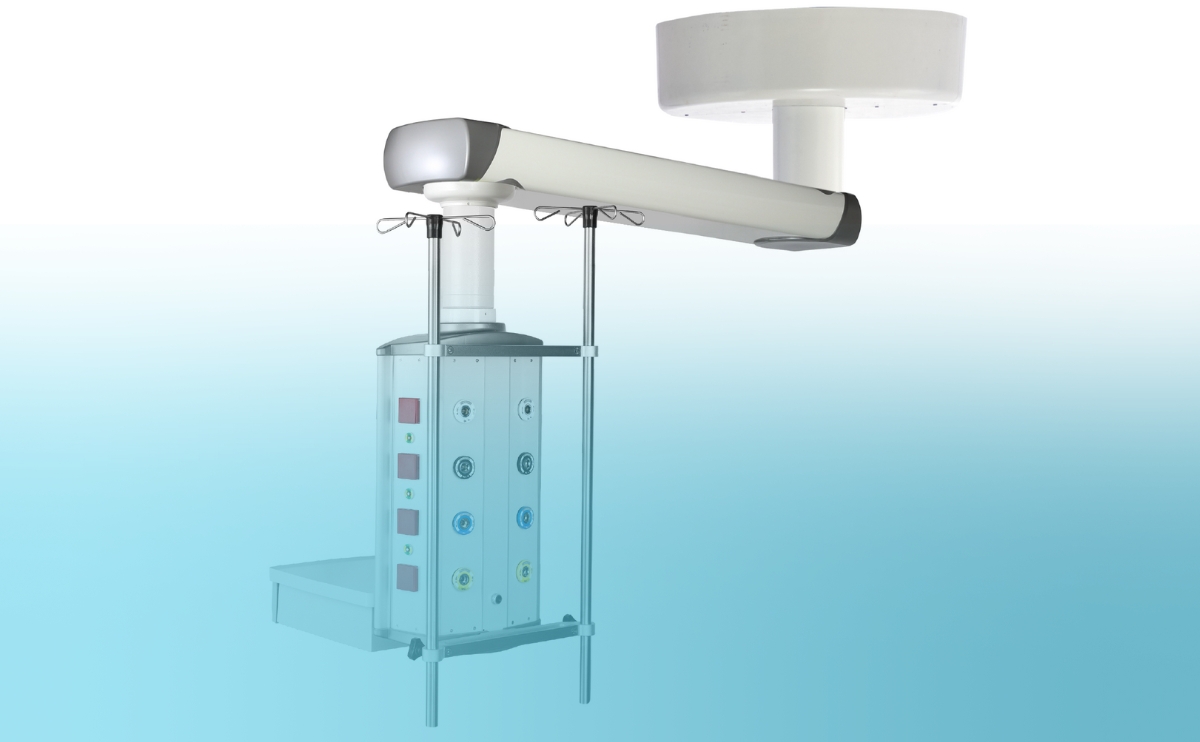
Contents
Why are medical gas systems so important?
Medical gases are indispensable in hospitals, clinics, and care facilities. They are used in many areas: For anesthesia and ventilation: Oxygen and nitrous oxide for surgical procedures and patients who need ventilation during operations or in intensive care.
In intensive care medicine: The continuous supply of medical compressed air to optimally care for ventilated patients.
In laboratories and diagnostics: Gases needed for analytical and biochemical processes.
For emergency care: Mobile gas supply systems that ensure rapid supply of medical gases to patients in case of an emergency. A well-planned gas system is therefore not only important for the efficiency of a hospital, but especially for patient safety. That's why all details must be considered during planning and installation to ensure smooth operation and the highest supply reliability.
The most important aspects when planning a gas system
Needs assessment and analysis of the infrastructure
A detailed needs analysis is therefore the first step in planning. The following points should be considered:
Determining the required gas quantities: Which gases are required in what quantities? This depends on the number of patients and the specific requirements of the respective departments.
Identification of supply areas: Where is which gas needed, and which areas require special or additional gas supply?
Examination of existing infrastructure: The existing infrastructure must be examined to decide whether it meets the requirements or if adaptation is necessary.
Future-proofing through scalability: Medical gas systems should be planned in a way that they can keep up with the growth and future requirements of the facility. Close collaboration with experienced planners and experts saves costs in the long run and guarantees high efficiency.
Compliance with legal regulations and standards
Medical gas systems are subject to strict legal and regulatory requirements. In Germany, the following regulations are particularly important:
DIN EN ISO 7396-1: This standard sets out the requirements for the planning and installation of central gas supply systems.
HTM 02-01: A British standard applied to medical gas systems.
Medical Devices Operator Ordinance (MPBetreibV): This regulates the safety and maintenance of medical gas supply systems.
Compliance with these standards is not only a legal obligation but also essential for the safety of patients and medical staff. Therefore, you should rely on a partner like Inspital Medical Technology who is well-versed in all relevant regulations.
Selection of suitable materials and components
The selection of high-quality materials and components is crucial for the reliability and longevity of a gas system. Pay attention to the following key factors:
Pipes and lines: Medical gas systems require special pipes that not only withstand the required pressures but are also made of corrosion-resistant materials such as stainless steel.
Valves and regulators: These components ensure precise control of gas flow and maintenance of pressure values.
Safety systems: Sensors and alarms are necessary to monitor safe operation at all times and to react quickly to any disturbances.
Collaboration with certified manufacturers, such as Inspital Medical Technology GmbH, ensures reliable and high-quality materials tailored to your specific needs.
Installation by specialists
The installation of medical gas systems should be carried out exclusively by specially trained professionals. The tasks of a professional installer include:
Laying and welding of pipelines: These must be installed precisely and according to the highest safety standards.
Installation of pressure reducers and safety valves: These are necessary to provide gases in the correct quantities and under safe conditions at all times.
Connection to central and mobile supply systems: The integration of all components into existing supply systems is a crucial step.
Final inspection and certification: After installation, a final inspection and certification is carried out to ensure that all standards are met.
Maintenance and Upkeep: Ensuring Longevity
A gas system must be regularly maintained to ensure continuity and safety - this includes regular inspections, cleaning and disinfection, and training of hospital staff. Through regular maintenance and timely upkeep measures, you extend the lifespan of your gas systems and ensure that your patients are always safely supplied.
Conclusion: Safety and Efficiency Through Modern Gas Systems
The planning and installation of medical gas systems is a demanding process that goes far beyond the simple provision of gases. It's about patient safety, the efficiency of hospital operations, and the longevity of the systems. From the first planning step to regular maintenance, every detail must be considered to achieve optimal results.
Would you like to bring your medical gas supply up to date and ensure that your facility is equipped with a reliable gas system? The experts at Inspital Medical Technology are here to assist you with in-depth knowledge and high-quality solutions.
Act now! Contact us today to learn more about our innovative products and services. We offer you tailored solutions for your specific requirements.
Current News
News Press
Here you will find current news about trade fairs, congresses, PR and other relevant topics.
